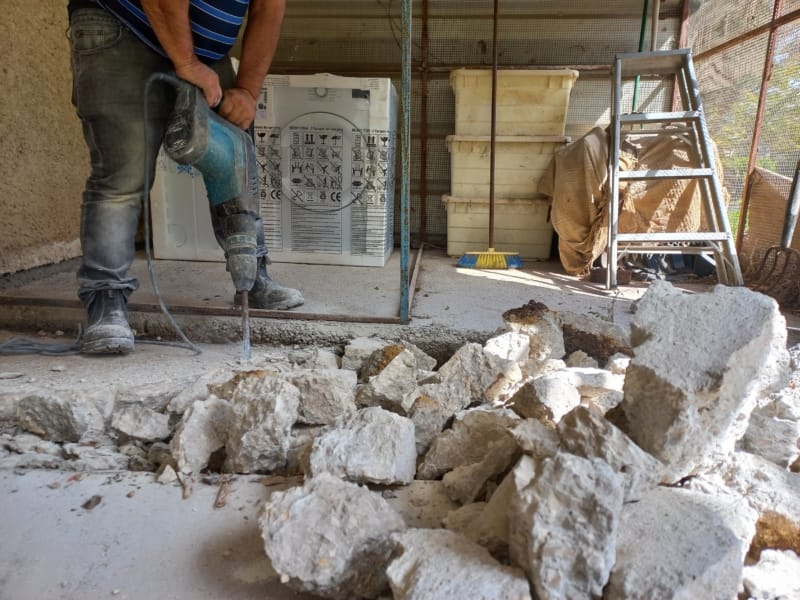The construction sector in Israel remains unsafe to its 160,000 construction workers, many of whom are Palestinians and migrant workers. Construction has the largest number of work accidents of all labour market sectors: in 2021, Kav LaOved (KLO) recorded 471 work accidents across all sectors, of which 251 (more than half) were in the construction sector alone. Thus, despite the positive developments following 2018’s Histadrut Agreement, signed by Israel’s largest trade union and the Ministry of Labour to improve safety conditions in construction, 52.7% of all fatal work accidents in the country still happen within the construction sector, compared to 22% in the European Union.
A few days before Israel’s State Comptroller issued a critical report on Israel’s construction sector’s safety record, we also released a policy brief on the same issue. KLO believes that transparency and access to data regarding safety trends is the first step toward improving occupational safety for all and thus we play an active and key role in tracking and analysing data on safety trends as a foundation upon which to advocate for change. This role is critical as the information available and collected by the Israeli authorities remains poor and insufficient. KLO analysis points to several key reforms needed to improve safety in construction, among them:
- Implementing recommendations of the 2014 Adam Committee on occupational safety and health.
- Improving the flow of information between the the Registrar of Contractors and the Occupational Safety and Health Administration to ensure swift deterrent action.
- Increasing resources, particularly the number of inspectors, available to the Safety Administration to correlate with OECD standards.
- Adopting several initiatives currently stuck between various ministries, such as expanding criminal liability for work accidents to developers, not just site supervisors.
- Imposing more financial sanctions, a proven and useful deterrence tool against unsafe work environments.
- Increasing the number of investigations and prosecutions of those violating safety standards.
- Strengthening implementation of available deterrence tools by the Registrar of Contractors in the Ministry of Construction and Housing.
KLO stands with workers to improve their safety and health.


